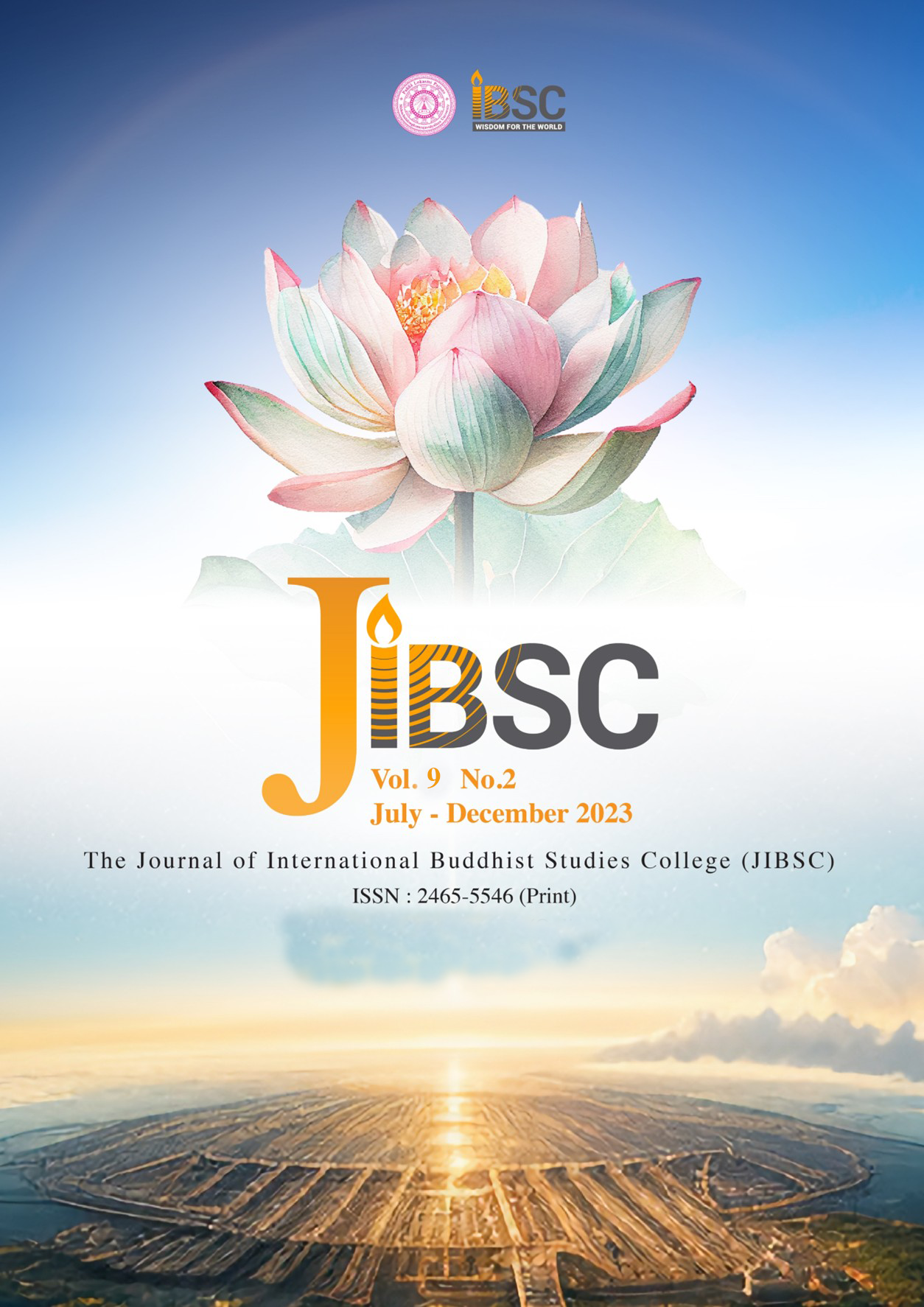The Democratic Socialism Concept
Main Article Content
Abstract
The discussion within the paper delves into the intricate concept of democratic socialism, elucidating its overarching objectives in establishing a socio-economic framework that is characterized by equity and justice. Democratic socialism, as expounded upon, endeavors to foster a more egalitarian distribution of the benefits derived from production among individuals actively involved in the production process, thereby mitigating disparities in income and wealth prevalent within the societal fabric. Moreover, it advocates for the extension of democratic principles beyond their conventional political spheres, encompassing domains such as the workplace and the broader economic landscape. Within this paradigm, proponents of democratic socialism endorse a diverse array of methodologies aimed at attaining social ownership, ranging from governmental control of industries and resources to the promotion of worker cooperatives. The fundamental aspiration underpinning democratic socialism is the diminution of economic disparities, the guarantee of universal access to fundamental services, and the establishment of a more participatory and equitable economic structure.
Article Details
The Journal of TCI is licensed under a Creative Commons Attribution-NonCommercial-NoDerivatives 4.0 International (CC BY-NC-ND 4.0) licence unless otherwise stated. Please read our Policies page for more information on Open Access, copyright and permissions.
References
Accetti, C.I., Mulieri, A., Buchstein, H., Castiglione, D., Disch, L., Frank, J., Sintomer, Y., & Urbinati, N. (2016). Debating representative democracy. Contemporary Political Theory, 15(2):205-242. doi: 10.1057/CPT.2015.57
Adagbabiri, M.M., & Chuks, O.U. (2015). Democratic Typology: A Practical Guide. International Journal of Humanities and Social Science. Vol.5 No. 12, 124-146.
Álvarez, J.F. (2019). Democracy and Gender and Sexual Minority Rights: Brazil, Bulgaria, and Namibia compared - How can we understand the importance of democracy to furthering LGBTQ human rights? BA Thesis: Malmö University.
Arvanitidis, P., & Kyriazis, N. (2015). The Qualities and Workings of Direct Democracy: Lessons from Classical Athens. 161-174. doi: 10.1007/978-3-319-10043-2_11
Callejas, D.G. (2015). Voting for the environment: the importance of Democracy and education in Latin America*. 11-14. doi: 10.14482/REC.V0I16.7463
Callinicos, Alex. 2006. The New Revisionism: Socialist Strategies in the 21st Century. Socialist Register,
Carayannis, E.G., Campbell, D.F.J. (2021). Democracy of Climate and Climate for Democracy: The Evolution of Quadruple and Quintuple Helix Innovation Systems. J Knowl Econ 12, 2050–2082. https://doi.org/10.1007/s13132-021-00778-x
Cockshott, Paul. (1997). Democracy Against Capitalism: Can Capitalism Compete with a Democratic Alternative? Zed Books.
Elszasz, H. (2023). Democracy without Shortcuts: A Participatory Conception of Deliberative Democracy, New Political Science, 45 (2), 416-418, DOI: 10.1080/07393148.2023.2205313
Gachon, N. (2021). Democratic Socialism and the Mainstream. In: Bernie Sanders’s Democratic Socialism. Palgrave Macmillan, Cham. https://doi.org/10.1007/978-3-030-69661-0_12
Johanisová, N., & Wolf, S. (2012). Economic democracy: A path for the future? Futures, 44(6):562-570. doi: 10.1016/J.FUTURES.2012.03.017
Jonsson, S., & Lounsbury, M. (2016). The Meaning of Economic Democracy: Institutional Logics, Parabiosis, and the Construction of Frames. 71-99. doi: 10.1108/S0733-558X201600048A003
Kharel, A. B. (2019). Facets of Democracy: An Overview. Molung Educational Frontier, 9, 15–29. https://doi.org/10.3126/mef.v9i0.33581
Kyriazis, N., Economou, E.M.L., &Zachilas, L. (2012). Direct Democracy and Social Contract in Ancient Athens. World Academy of Science, Engineering, and Technology, International Journal of Social, Behavioral, Educational, Economic, Business and Industrial Engineering, 6(11):3086-3091.
Landa, D., & Pevnick, R. (2020). Representative Democracy as Defensible Epistocracy. American Political Science Review, 114(1):1-13. doi: 10.1017/S0003055419000509
Lindenfors, P., Jansson, F., Jansson, F., Sandberg, M., Sandberg, M. (2011). The Cultural Evolution of Democracy: Saltational Changes in A Political Regime Landscape. PLOS ONE, 6(11) doi: 10.1371/JOURNAL.PONE.0028270
Lupien, P. (2022). Participatory Democracy, Democratic Education, and Women. Journal of Latin American Studies, 54 (4), 617-645. doi: 10.1017/S0022216X22000517
McIntyre, R. (2022). Democratic Socialism. Rethinking Marxism, 35 (1), 24-35, DOI: 10.1080/ 08935696.2022.2127726
Nikitenko, L. (2023). Evolution of the idea of participative democracy. Analìtično-porìvnâlʹne pravoznavstvo, 346-350. doi: 10.24144/2788-6018.2022.06.63c
Panayotakis, C. (2014). The Case for Economic Democracy. Capitalism Nature Socialism, 25(1):112-115. doi: 10.1080/10455752.2014.881958
Pateman, Carole. (1970). Participation and Democratic Theory. Cambridge University Press.
Polletta, F. (2013). Participatory Democracy in Social Movements. Francesca Polletta. doi:10.1002/9780470674871.WBESPM442
Roemer, John E. (1994). A Future for Socialism: A Radical New Perspective. Harvard University Press
Rousselière, D. (2009). What is Economic Democracy? An Inquiry into French Cooperatives. Studies in Political Economy. 84(1):29-46. doi: 10.1080/19187033.2009.11675045
Rozhkova, Z.I. (2016). SPECIFIC Features of the EVOLUTION IN the use of the TERM “DEMOCRACY” IN the POLITICAL DISCOURSE of XVIII-XXI Century. Bulletin of the Moscow State Regional University, doi: 10.18384/2224-0209-2016-4-777
Sanders, B. (2019). On Democratic Socialism in the United States. Ideals and Ideologies, Routledge, 321-326. doi: 10.4324/9780429286827-53
Singh, E. (2015). Participatory Democracy: A Conceptual Engagement. International Research Journal of Social Sciences. 4(9), 5-8.
Tridimas, G. (2011). A Political Economy Perspective of Direct Democracy in Ancient Athens. Constitutional Political Economy, 22(1),58-82. doi: 10.1007/S10602-010-9093-5
Tridimas, G. (2017). Constitutional choice in ancient Athens: the evolution of the frequency of decision making. Const Polit Econ 28, 209–230 (2017). https://doi.org/10.1007/s10602-017-9241-2
Urbinati, N. (2011). The Future of Representative Democracy: Representative democracy and its critics. Published online by Cambridge University Press, 23-49. doi: 10.1017/CBO9780511770883.002
Van Beuningen, C. (2007). Democracy and Development. Development. 50, 50–55. https://doi.org/10.1057/palgrave.development.1100336
Vanek, Jaroslav. (1978). The Participatory Economy: An Economic System for the 21st Century. Cornell University Press,
Volpe, V. (2020). The Importance of Being Earnest. The United Nations and Democracy-Promotion. In: Fiorentini, F., Infantino, M. (eds) Mentoring Comparative Lawyers: Methods, Times, and Places. Ius Gentium: Comparative Perspectives on Law and Justice, vol 77. Springer, Cham. https://doi.org/10.1007/978-3-030-34754-3_12
Vrousalis, N. (2019). Workplace Democracy Implies Economic Democracy. Journal of Social Philosophy, 50(3):259-279. doi: 10.1111/JOSP.12275
Zhang Zh., Bykov A.Yu. (2023). Chinese approach to democracy: evolution of democratic values in China // Conflictology / nota bene. 2, 33 - 43. DOI: 10.7256/2454-0617.2023.2.


